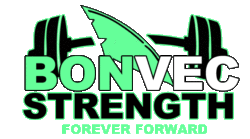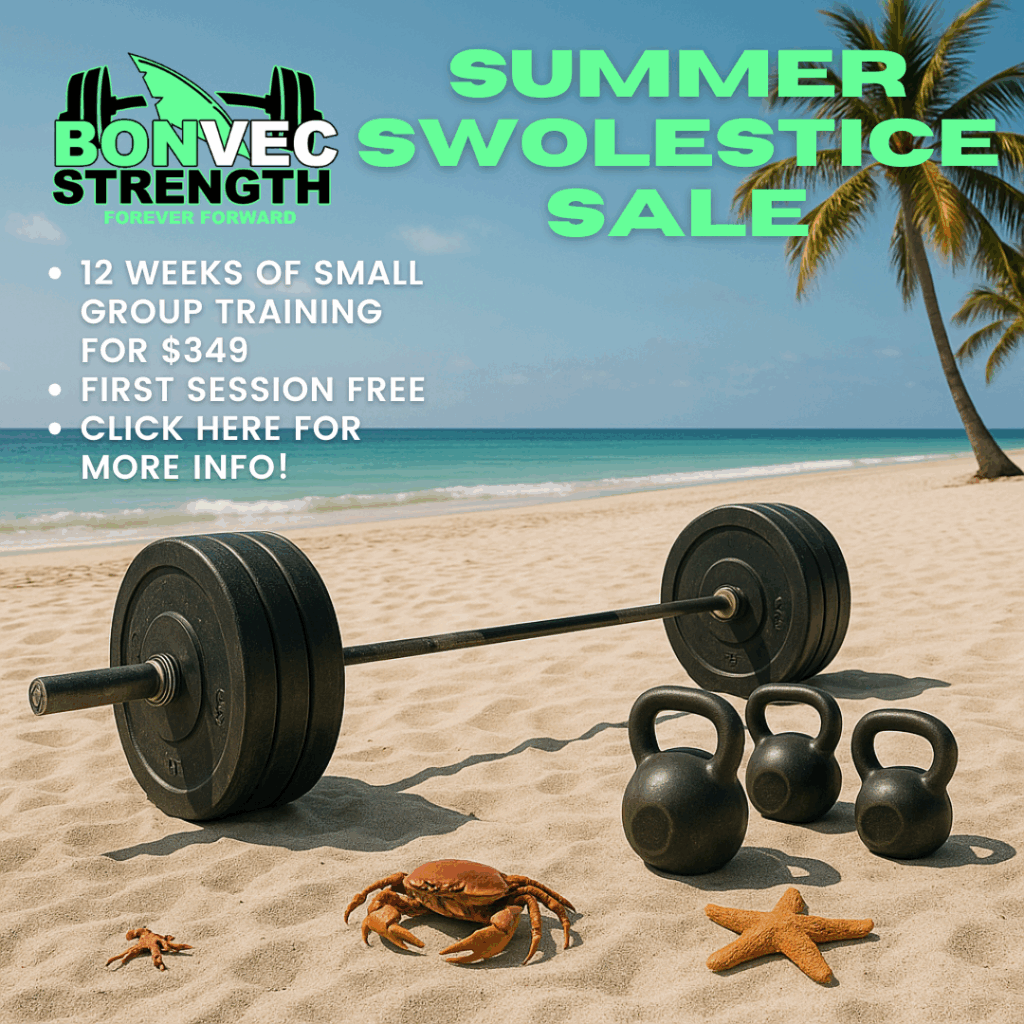There are many titles for someone who teaches other people to exercise: personal trainer, strength and conditioning coach, physical preparation specialist… the list goes on. But no matter the name, there’s only one coaching skill that matters for these people: building relationships.
Actually, anyone who works in a service business is in the business of building relationships first and foremost. Without a strong focus on building the coach-to-client relationship, all the nerdy technical stuff doesn’t matter. Your in-depth knowledge of biomechanics and fancy undulating periodization scheme doesn’t matter one bit if your clients don’t like you.
While sitting down to work on my presentation for the Fisique Boston Coaching Series on March 30, I found myself spending less and less time focusing on the nuts-and-bolts of coaching and more on the relationship building side. Here’s why.
Know, Like, Trust

In the world of marketing, there’s the “Know, Like, Trust” factor that’s crucial for attracting (and eventually selling to) customers. It goes like this:
Know: First, the customer needs to know who you are so they can inquire about your services. This could be through advertising, social media content or word-of-mouth.
Like: Once they’ve reached out, you need to get the customer to like you. Cue the relationship building. Ask good questions, find common ground and just be nice.
Trust: The customer is almost ready to purchase something, but not before they trust you. They already like you, but now you must forge ahead into a trusting relationship. Help them understand that you’re able and willing to solve their problem. Let them know that you care about them as a person, not just their money.
As a strength coach, building a relationship is the top priority because you won’t get to fully demonstrate your technical coaching skill until you actually get past the “Like” and “Trust” stages. Sure, you may use some technical stuff in your social media posts to establish credibility and attract leads (the “Know” stage). And MAYBE you drop some knowledge bombs during a phone call or an evaluation to work on the “Like” and “Trust” factors, but not until you…
- Smile, say hello and shake their hand
- Ask and REMEMBER their name
- Ask simple questions (Where are you from? What do you do for work? How can I help you?)
- Find common ground unrelated to fitness
 Chances are, if you connect with a potential client on something NOT fitness related, you’re going to blow past the “Like” stage and into the “Trust” stage much faster. For example, there’s always at least one dog at The Strength House at all times. Most people love dogs (if you don’t, like… what’s your problem?), so from the moment Brooke or Eddie greets a new prospect as they through walk through the door, I can connect with them:
Chances are, if you connect with a potential client on something NOT fitness related, you’re going to blow past the “Like” stage and into the “Trust” stage much faster. For example, there’s always at least one dog at The Strength House at all times. Most people love dogs (if you don’t, like… what’s your problem?), so from the moment Brooke or Eddie greets a new prospect as they through walk through the door, I can connect with them:
“Oh, you love dogs? Us too! Do you have a dog? Tell me all about them!” And just like that, we’re best buddies.
In the words of Dale Carnegie, “To be interesting, be interested.” So before you worry about sets, reps, squats and deadlifts, show a genuine interest in your potential customer. Focus on establishing the “Like” and “Trust” factors by asking questions, listening and just being nice.
Start With Why
There’s a line from Simon Sinek’s book Start With Why that always stuck with me: “If you take care of the ‘why’, the ‘how’ will take care of itself.” This simply means that if someone has a powerful enough reason to pursue a goal, the steps they need to take to get there become much clearer, and any obstacles that get in the way become much easier to overcome.
Digging for someone’s “why” is an underrated coaching skill. The first time you sit down and chat with a potential client is a golden opportunity to dig for their “why” because you’ll show them that you care about more than just helping them get stronger or lose weight. They’ll know that you truly care about them as a person, and that their fitness goals are just a means to help them live a happier life.
For example, say someone comes to you and wants to lose 30 pounds. Their “why” is not “because I’m 30 pounds overweight.” Their why is more likely something deeper, such as…
“I feel self conscious about my body, which leads to confidence issues at work and in my relationships. I bombed two job interviews because I was so nervous, and I felt uncomfortable because my clothes didn’t fit and I didn’t like how I looked. On top of that, I feel lonely because I have trouble meeting people. I won’t go on a date because I’m worried the other person is judging me because of my weight.”
Whoa. Suddenly your HIIT protocol and 40/30/30 macro split just took a back seat to working on your client’s sense of self-worth. Once they’ve opened up to you in such a meaningful way, they’ll know that you care about them as a person, and not just their monthly membership fee. You can get to these deeper “why’s” by asking the right questions, listening without interrupting and letting them tell their story.
Sure, exercise and nutrition are vehicles to get them to a better place, but your job as their coach is to keep their eyes on the TRUE prize: not a number on the scale, but the feelings of confidence and happiness.
By the time you find a person’s “why”, you’ll be well on your way to forging a strong relationship built on trust and mutual respect. This illuminates the “how” and helps your client buy into the process.
Coach With A Purpose
To learn more about building relationships and becoming a better coach for your clients, check out my presentation, “Coach with a Purpose: Communication Strategies for Superior Results,” at the Fisique Boston Coaching Series on Saturday, March 30.
Tickets are just $39.99 til March 16, then the price goes up to $50. Click below to get your tickets today!
Fisique Boston Coaching Series
50 Congress St, Suite 7
Boston, MA
Saturday, March 30, 11 am – 5:30 pm
REGISTER


